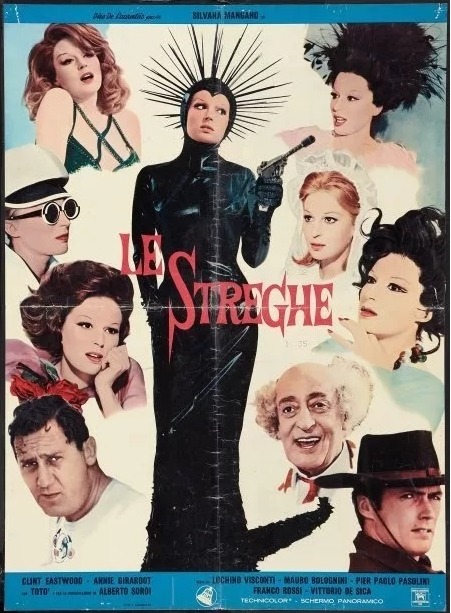Gates, Katharine. 2000. Deviant desires: incredibly strange sex. New York: Juno Books.
Gates’s book is an exploration of a particular phase in Western sexual history. This is the pre-Google, pre-Facebook, pre-Fetlife Internet, when finding people who shared your kink was more a matter of luck and word-of-mouth than just typing something into a search bar. The people Gates interviews are an assortment of eccentrics who put their kinks out in early Internet forums, self-published newsletters, magazines and videos. Most of these media channels are hobbies and labours of love; a few attain the level of cottage industries that might break even some day. Some might even be seen as a kind of outsider art, fascinating precisely because of their lack of commercial slickness.
The why of fetishes has puzzled sexologists and psychologists since the concept was developed. Is there some deeper symbolic meaning to a fetish, or is it just a matter of a person randomly imprinting on a particular stimulus? Gates’ approach is primarily anthropological, not psychological, but she still tries to decode some fetishes.
People like to say that there are no new kinks under the sun, but the balloon fetish proves them wrong. Every era seems to have a fetish that is uniquely their own, and there’s something so post-modern/pop culture/McDonaldsTM/VH1 about balloons that the idea of eroticizing them feels particularly contemporary. […] It makes sense that the balloon fetish is such a new thing; after all, rubber latex toy balloons were not even invented until the 1920s, and have only been a routine part of the American suburban home since the 1950s. And although there exist looners as old as 70 years of age, most balloon fetishists are in their twenties and thirties. It’s really a baby-boomer and Gen-X phenomenon.
Pg.74-5
Many of the fetishists interviewed cite some childhood experience as the moment of recognition of their kink, such as seeing something in a seemingly innocuous film or TV show. E.g. the scene in the 1971 Willy Wonka & the Chocolate Factory in which a girl blows up into a sphere is well known to body inflation fetishists. However, most don’t see those moments as causing their kinks.
The first time Inflate 123 say the film at the age of five he cried inconsolably. […] By the third time that he saw it he just shut up, stared, and kept his fascination to himself. “It was the first external ‘proof’ of the concepts that were already swimming around in my head.”
Pg.99
A giantess fetishist has a similar belief, that such moments only catalyze or activate something that already existed in the person.
Ed [Lundt] doesn’t think that seeing growth stories in his childhood caused him to be a giantessophile, however. “I think that somewhere in the soup of one’s subconscious all these elements are floating around and the trigger just acts like a magnet drawing iron filings together. I starts to form a thing, and as you get older you see Village of the Giants, and it forms even more. When you hit puberty, you add on the sexual aspect and then it becomes the sex fantasy.” Ed feels that people become macros because of a combination of genetics and circumstances.
Pg.117
Twenty years later, it’s clear that Gates was definitely thinking ahead.
The sexual conversation is changing, and it’s changing rapidly. With the desktop publishing revolution and the advent of the internet, millions of people have suddenly gained access to previously unavailable information about non-conformist sex. New erotic communities are forming every day. Deviants with the most obscure and specific kinks — who always thought they were alone in the world — can now communicate with likeminded poeple.
Pg. 11
Today on Internet porn sites like Clips4Sale, you will find media catering to a mind-boggling variety of hyper-specific fetishes. Nonetheless, it is interesting to look back at this era, when the sexual frontier was charted and settled by people following their bliss, not bent on making money by exploiting a niche fetish.







